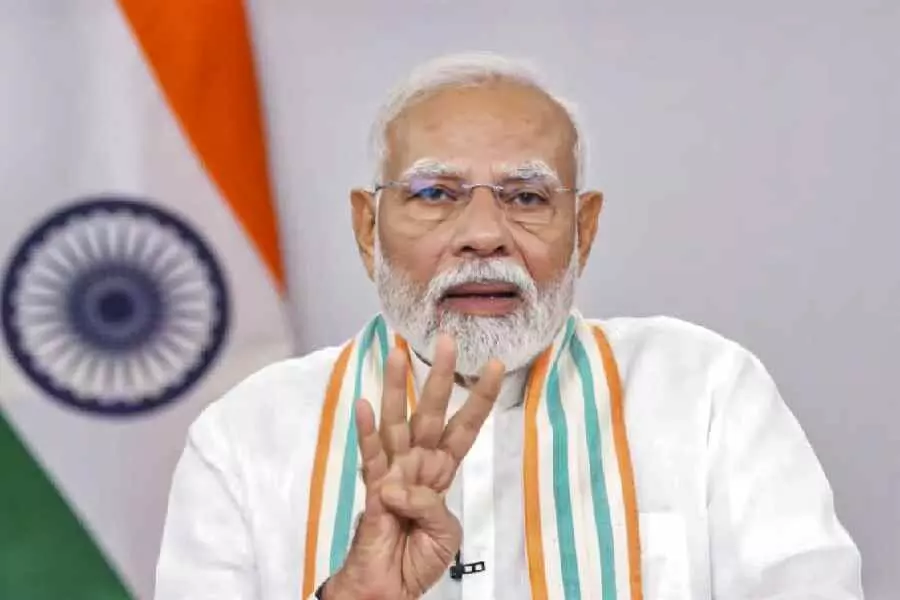One Nation, One Election: A Key Focus for the Current Term of the Modi Government
The concept of "One Country, One Election," which has been debated in parliamentary discussions for some time, is set to be implemented during the current tenure of the Narendra Modi government.
One Nation, One Elections

The "One Nation, One Election" initiative could soon become a reality, with the BJP-led National Democratic Alliance (NDA) planning to introduce the Bill during its current term at the Centre, a senior government official quoted.
Although the BJP does not hold an absolute majority and governs as a coalition, BJP leaders have assured that all their allies are on board and the "arithmetic" will not hinder this reform process. This assurance comes amid concerns about the support of coalition partners for the "One Nation, One Election" plan.
The government official stated that the NDA, which marked 100 days of its third term on Sunday, has not overlooked any area. Every policy decision made continues the work it began a decade ago.
“Whether it is defence, space, external and home affairs, education, Digital India, and making India a manufacturing hub, spending Rs 11 lakh crore annually on building infrastructure, mahila-yuva-garib-kisan (welfare of women, youth, the poor, and farmers), we are continuing with and taking forward the work that was started in 2014. Even our foreign policy has a reedh ki haddi (backbone) today, which it didn’t have under previous governments,” the functionary added.
What is "One Nation, One Election"?
The "One Nation, One Election" initiative aims to synchronise elections for the Lok Sabha, all state legislative assemblies, and local bodies (municipalities and panchayats) so that they occur simultaneously.
In March of this year, a high-level committee led by former President Ram Nath Kovind recommended starting with simultaneous elections for the Lok Sabha and state assemblies. This would be followed by coordinating local body elections within 100 days.
To implement this plan, a constitutional amendment is necessary. Initially, synchronising Lok Sabha and state elections would not require state ratification if approved by Parliament. However, aligning local body elections with Lok Sabha and Assembly elections would need ratification from at least half of the states.
The Law Commission is expected to recommend that from 2029, all three tiers of government—Lok Sabha, state assemblies, and local bodies—hold simultaneous elections. It may also propose provisions for a unity government in the event of a hung house or no-confidence motion.
According to a government source, "The process will begin soon." Prime Minister Modi emphasised the need for "One Nation, One Election" in his Independence Day address, arguing that frequent elections impede national progress. The BJP also included this promise in its manifesto, and government sources are optimistic about achieving a broad consensus on its implementation.

